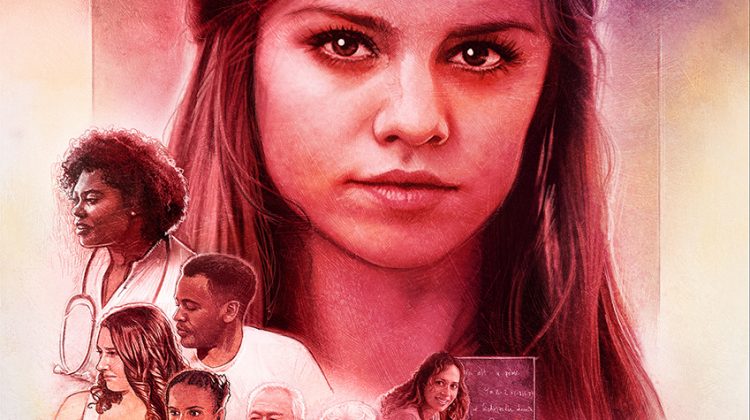Cyber-bullying… technological overload… high-tech isolation… violent and realistic video games. And these are only some of the challenges facing our youth today. Add to that, the fact that globally, depression is one of the leading causes of illness and disability among adolescents, and you can see why the theme for this year’s World Mental Health Day is, “Young People and Mental Health in a Changing World.”
What is World Mental Health Day?
October 10th is World Mental Health Day, an annual day of mental health awareness and advocacy. Established in 1992 by World Federation for Mental Health, it’s a day that’s recognized all over the globe to draw attention to the issues at the heart of what we work for everyday – the dignity and care of those struggling with mental illness.
Each year, the Federation determines a theme for the day. In 2016, it was “Psychological and Mental Health First Aid.” In 2017, “Mental Health in the Workplace.” This year the focus is on our youth. While we do not directly serve children, we do recognized that half of all mental health illness materializes by the age of 14, and that suicide is the second leading cause of death among 15-29-year-olds.
Focus Where it Starts
So it begs the question: How can we best address the needs of our young people in a meaningful way that saves them years of struggle later in life? In order to get a better sense of what our children are facing, we talked to Mark, a 30+- year veteran of a world-renowned children’s psychiatric facility. We asked him to tell us what he would preach about if he had 5 minutes to stand on a soap box and talk to the world about children’s mental health issues.
“Where’s the action,” he immediately responded. “It’s all well and good to talk about the issues. It’s crucial, in fact. But somehow after every conversation, the can gets kicked further and further down the road. Foundations study the issues, politicians attend conferences about the issues… but where is the action. Where’s the money? Where are the facilities? Where are the classes? Where are the programs? Where are the counselors? Kids today just aren’t getting enough support to navigate an ever-increasingly complicated world.”
We Must Listen
Mark told us about some of his experiences working in a children’s facility. He told us that his greatest frustration is that nobody is listening to the children. How 99% of the kids that he dealt with just needed someone to listen… someone to care about what they were going through… to care that they were being bullied in school… to care that their parents neglected them to the point that they didn’t even own a toothbrush… to care about who they were and what they liked and what they didn’t.
The key, says Mark is that there aren’t enough resources in schools to help these kids. The issues become deeper and deeper and then the children get depressed, start acting out, and are labeled as having mental health issues. He says that we desperately need more support systems in schools to keep tabs not only on the physical health of students, but on their mental health as well. He also points out that educators are mandated reporters and yet so many of them don’t report mental health incidents because they don’t want to get involved in something that complicated. “The mandated reports have to step up and speak out and take the initiative to help kids they see going down the wrong path. Our kids need it more now than ever. It’s so easy to identify a problem… to label a kid… but it’s another thing to actually DO something about it,” he said.
We Must Take Action
So, on this World Mental Health Day, we are putting the call out for action… for our schools to employ more support resources for students… for governments to provide more funding for programs… for parents to pay attention and get help for their kids when they need it…for society to recognize that if we help these kids at an early stage, we can head off problems in the future. Nearly 1 in 5 adults in our country experiences mental health issues. How many of them don’t really have to suffer… if we could have given them the support when they were most open to it… when they were just kids.

